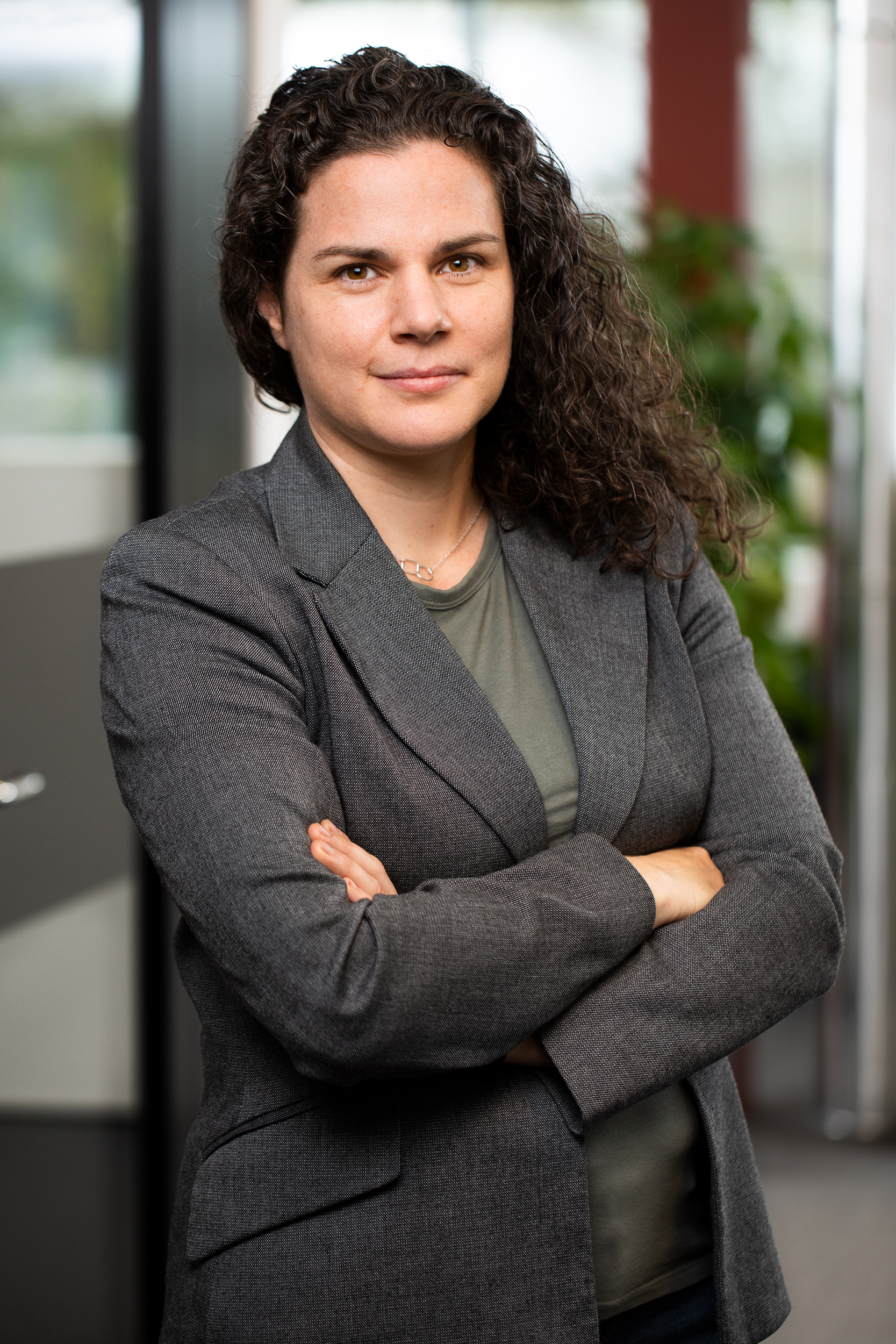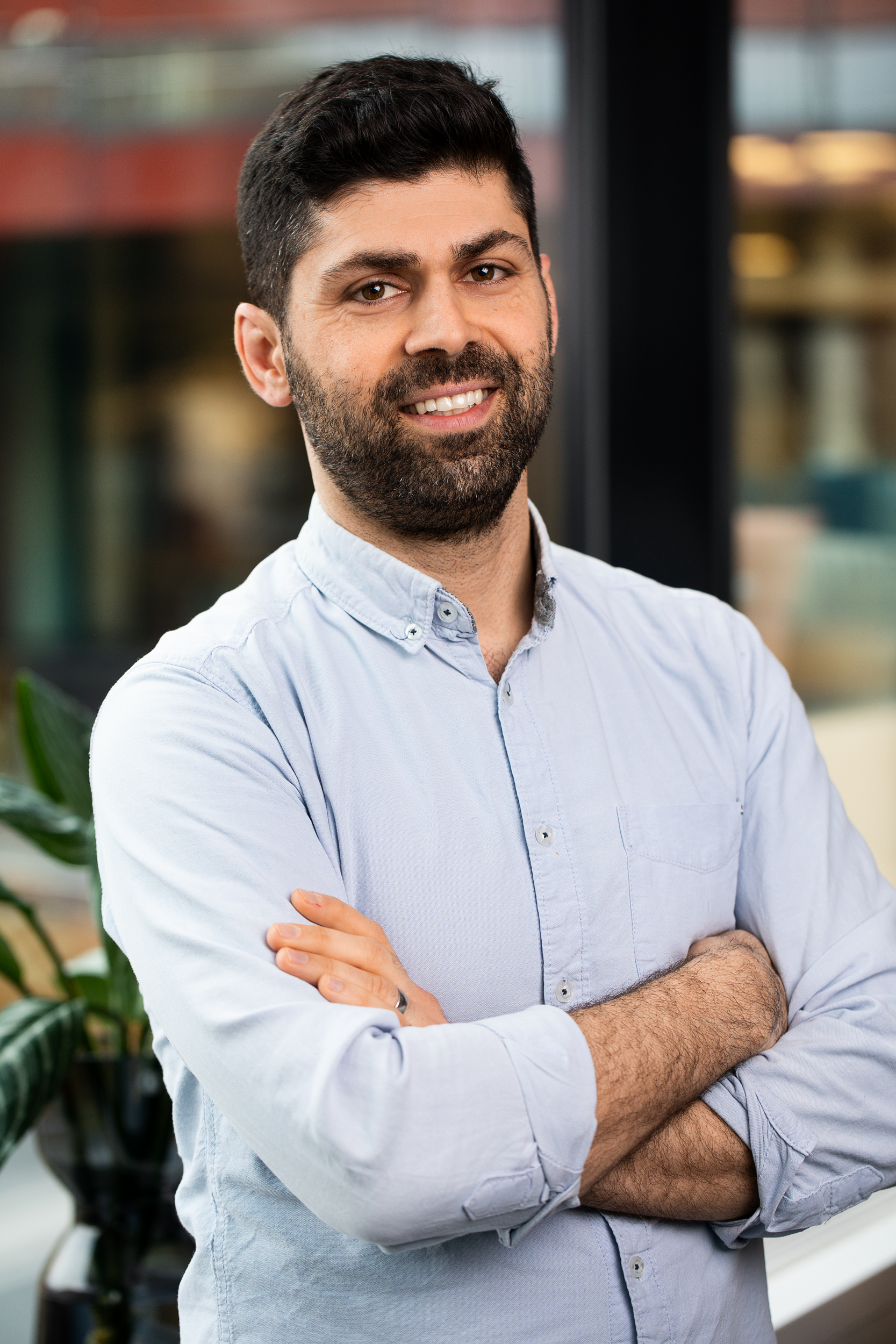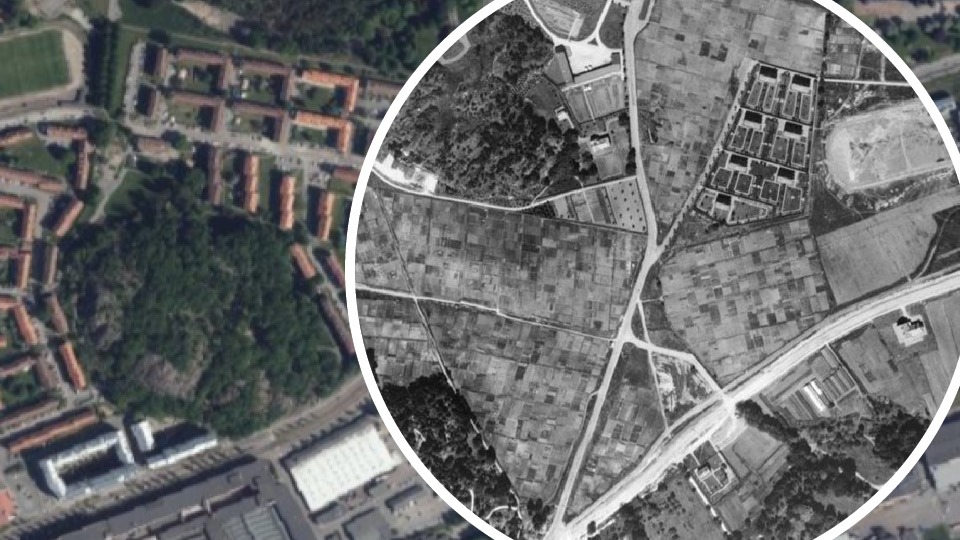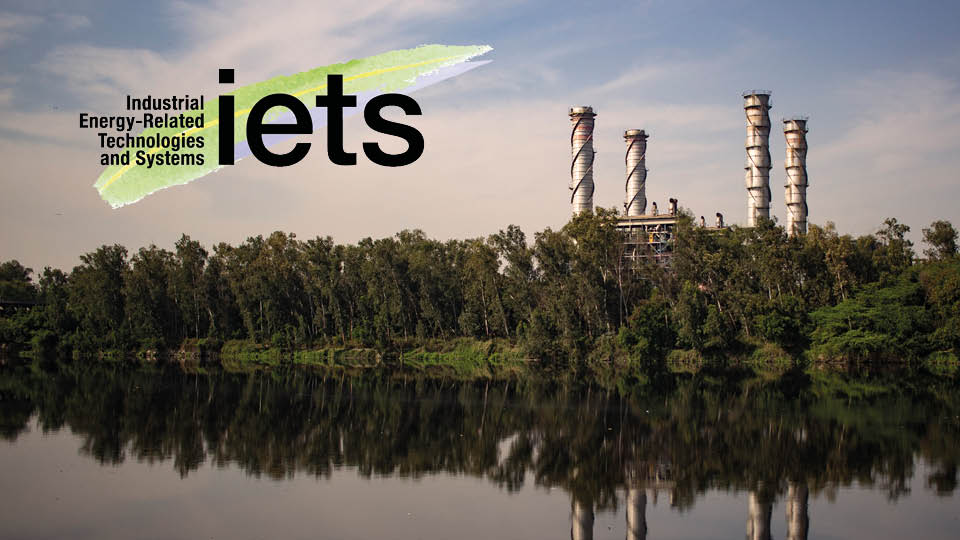AutoWEEEdakt II – Automatic AI based WEEE recognition system

In the AutoWEEEdakt II project, we employ artificial intelligence to enhance sorting and improve the recycling efficiency of electronic waste.
In 2020, the EU recycled about 4.7 million tons of electronic waste (WEEE), with a collection rate estimated to be around 46%, indicating the need for improvement. Sweden contributed around 150,000 tons of WEEE.
Recycling, especially for WEEE, involves significant manual work, particularly in the pre-sorting phase. Attempts to automate this challenging and diverse task have been hindered by the constant release of new electronic products.
In the previous PiiA-funded project AutoWEEEdakt, innovative AI-driven computer vision methods were developed to learn WEEE categorization by observing manual sorting.
In this project, we aim to increase labelled image data to address class imbalances, enhance algorithms, and use web scraping and synthetic image data to improve class balance, making AI models more robust. These improvements are expected to enhance accuracy and generalization in the trained AI models. With the innovations developed the project, Sweden has the opportunity to strengthen its position as a pioneer in the recycling sector and showcase the country’s ability to keep up with the global development of applied AI solutions.
Facts
The project is financed by Vinnova, the Swedish Energy Agency and Formas through SIP PiiA.
Project partners: Chalmers Industriteknik, El-Kretsen, NG-Metall, Op Teknik and Trapper Data.




